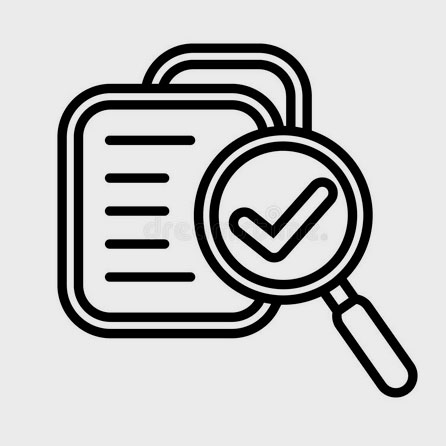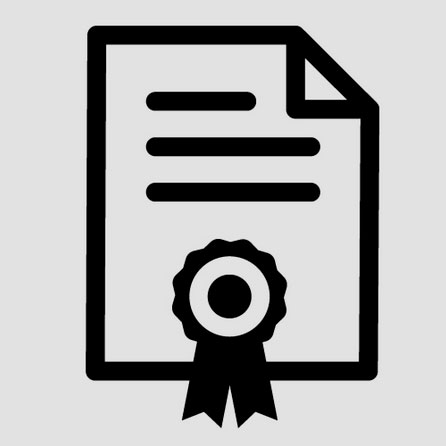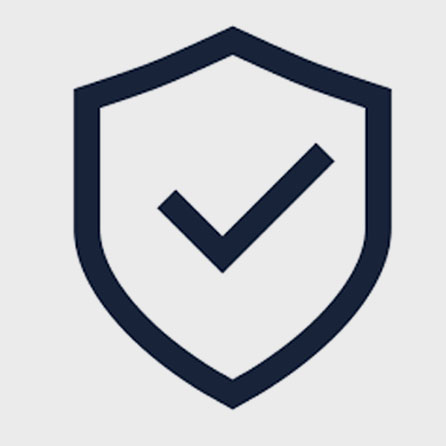ISO/IEC 27001:2013
Certification for Information Security Management
For any organisation - regardless of size or sector - ISO/IEC 27001 provides a strong foundation for a comprehensive information and cyber security strategy. The standard outlines a best practice ISMS framework to mitigate risks and safeguard business-critical data through identification, analysis and actionable controls. Accredited ISO 27001 certification demonstrates that you have the processes and controls in place to defend your organisation's information - and that of your customers - against an increasingly complex threat landscape. Check out the Frequently Asked Questions about the standard and our offerings.
Our ISO/IEC 27001 services
Our certification and training services can be delivered on-site or remotely - giving you flexibility and a service model to suit your needs.







